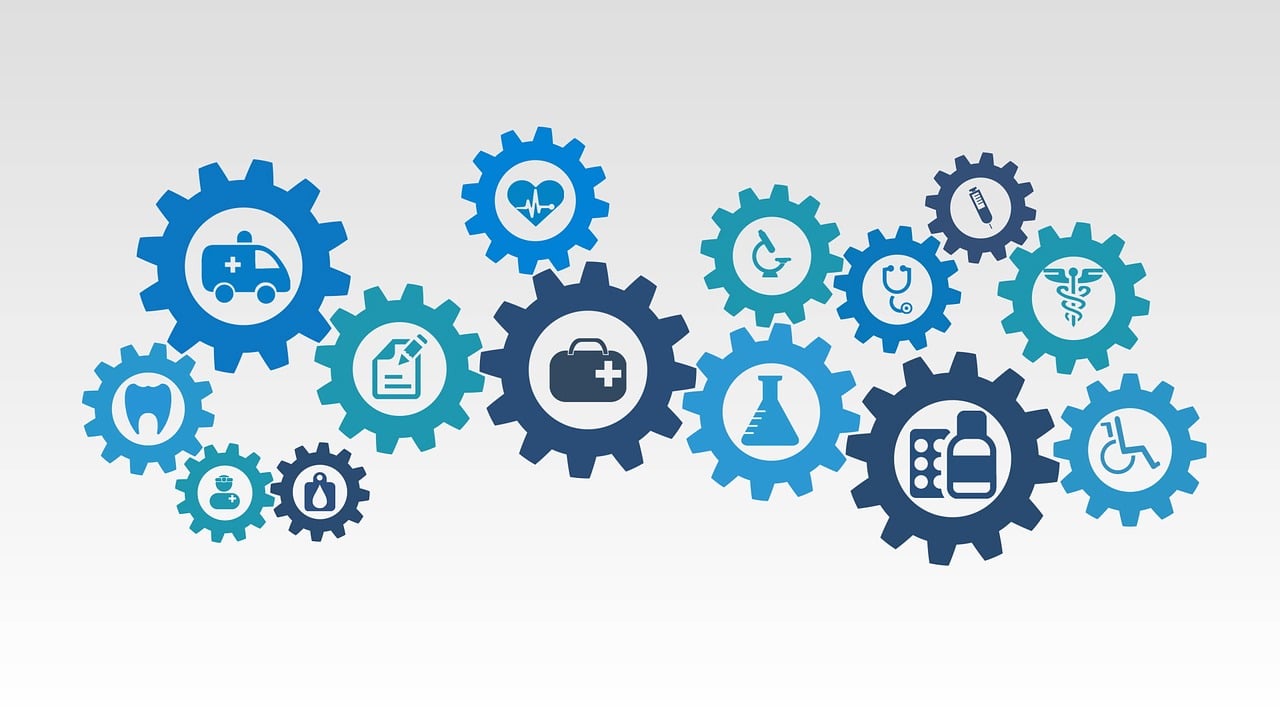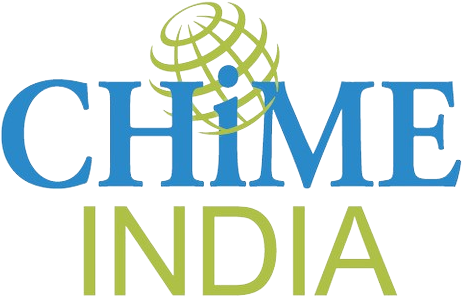Written by : Arun Ramalingam
April 17, 2023

The digital transformation of the Indian healthcare system has improved accessibility, affordability, and efficiency of healthcare services through the adoption of EHR, telemedicine, health apps and wearables, and medical education technology, how did we get here and how far will we go?
New Age digital transformation
The digital transformation of the Indian healthcare system has been a significant development in recent years. With India being the world's second-most populous country, the demand for healthcare services has been ever-increasing. The integration of digital technology has enhanced the accessibility and affordability of healthcare services across the country.
Digital transformation has facilitated the creation of electronic health records (EHR) that have streamlined healthcare services. This has eliminated the need for maintaining physical records, making it easier for healthcare providers to access patients' medical histories in real-time. Additionally, EHR has also made it possible for healthcare providers to share information with each other, resulting in improved collaboration and communication.

Telemedicine has been another important aspect of the digital transformation in the Indian healthcare system. With a shortage of healthcare professionals in rural areas, telemedicine has enabled patients to receive medical attention remotely. This has been particularly beneficial for patients who live in remote areas, and who would otherwise not have access to quality healthcare services. Telemedicine has also helped in reducing the burden on the healthcare system by decreasing the number of patients who need to physically visit healthcare facilities.
The Indian healthcare system has also witnessed an increase in the use of health apps and wearables. These digital tools enable patients to monitor their health and receive personalized recommendations. Wearables such as smartwatches and fitness bands are increasingly popular in urban areas, where individuals are more health-conscious. The use of these digital tools has made it easier for individuals to take charge of their health and wellness.

Digital transformation has also impacted medical education in India. With the use of virtual reality (VR) and augmented reality (AR), medical students can now receive hands-on training without the need for a physical cadaver. This has not only made medical education more accessible but has also increased the efficiency of medical training. Additionally, medical professionals can now attend virtual conferences and training sessions from the comfort of their own homes, resulting in cost savings and increased participation.
India is on the path of digital transformation and the Indian healthcare system has brought significant improvements in the accessibility, affordability, and efficiency of healthcare services. The adoption of EHR, telemedicine, health apps and wearables, and medical education technology has led to a more connected and collaborative healthcare system. As technology continues to advance, it is likely that the Indian healthcare system will continue to benefit from further digital transformation, but it begs the question - "Will we reach a point of saturation?"
Too Much too quick?
While the digital transformation of the Indian healthcare system has brought significant improvements, it is important to question the sustainability of such rapid digital growth. One of the primary concerns is the widening digital divide between urban and rural areas, where access to digital healthcare services is still limited. Additionally, the implementation of digital healthcare services requires significant investment in infrastructure, which may not be feasible for all healthcare providers. Furthermore, the need for data privacy and security measures in the digital healthcare ecosystem cannot be ignored. It is therefore important to ensure that the digital transformation of the Indian healthcare system is sustainable, equitable, and secure in the long run.

While India is gracious enough to provide its technological prowess to the rest of the world, are we at a stage where can bridge the digital divide of our country and how can we use digital transformation consistently to improve the health conditions of all individuals across the country both in urban and rural areas.
The College of Healthcare Information Management Executives (CHIME) is an executive organization dedicated to serving senior digital health leaders. CHIME includes more than 5,000 members in 56 countries and two US territories and partners with over 150 healthcare IT businesses and professional services firms. CHIME enables its members and business partners to collaborate, exchange ideas, develop professionally and advocate the effective use of information management to improve the health and care throughout the communities they serve. CHIME's members are chief information officers (CIOs), chief medical information officers (CMIOs), chief nursing information officers (CNIOs), chief innovation officers (CIOs), chief digital officers (CDOs), and other senior healthcare leaders. The CHIME India Chapter became the first international chapter outside North America in 2016 and is now a community of over 70+ members in India. For more information, please visit www.chimecentral.org
